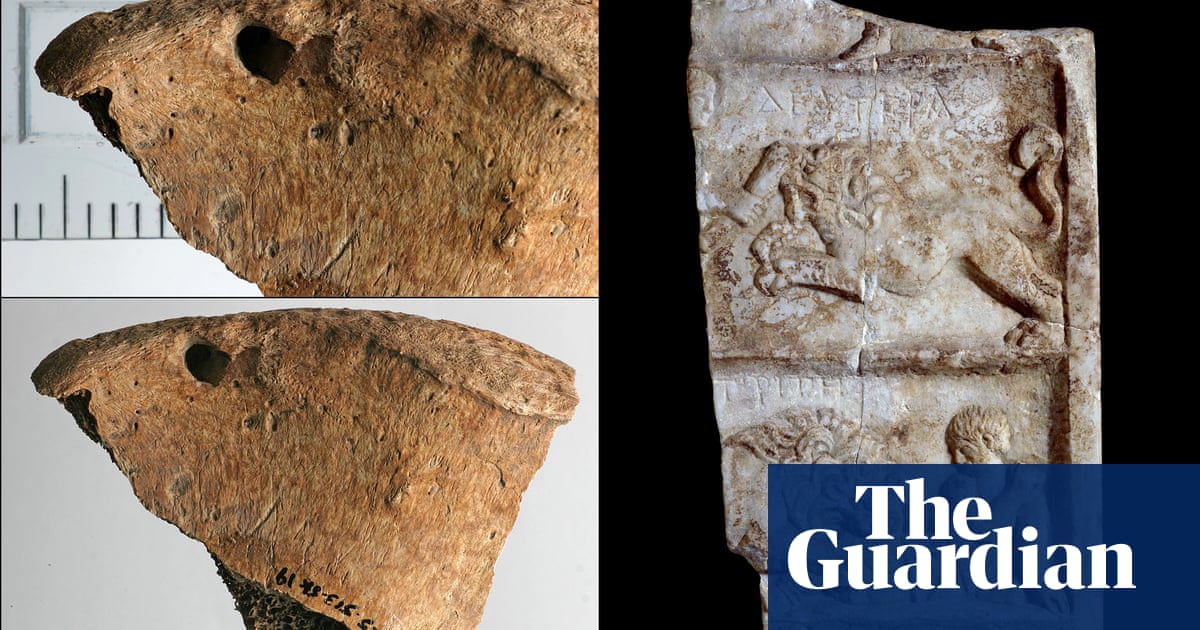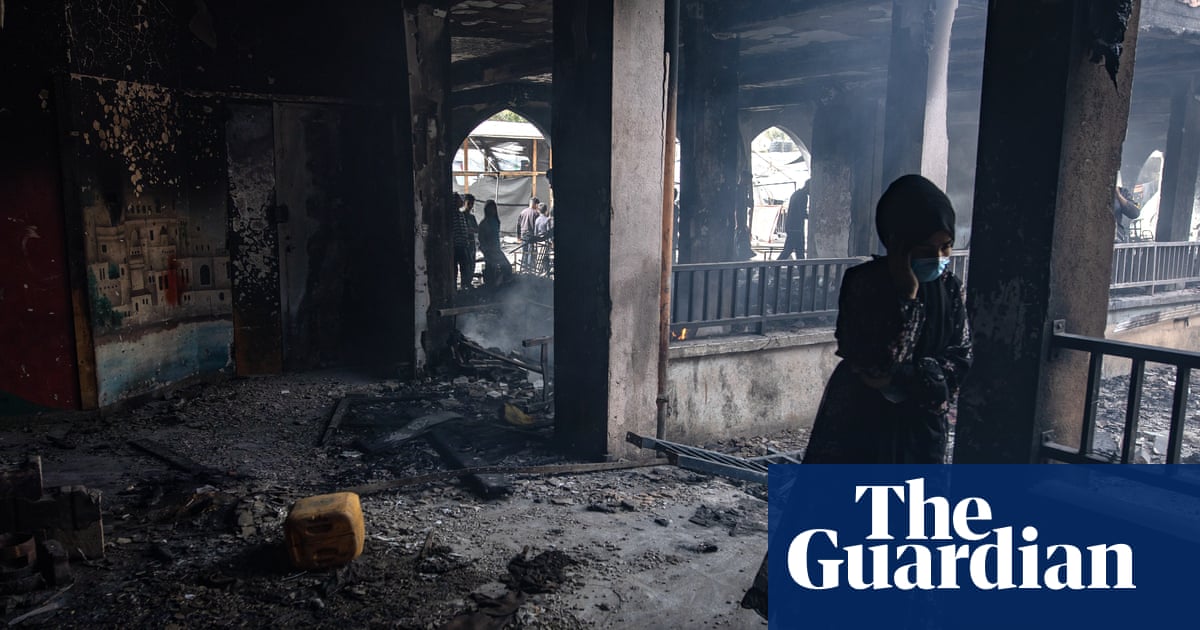Childhood exposure to a toxin produced by bacteria in the bowel may be contributing to the rise of colorectal cancer in under-50s around the world, researchers say.
Countries, including some in Europe and Oceania, have witnessed an increase in young adults with bowel cancer in recent decades, with some of the steepest increases reported in England, New Zealand, Puerto Rico and Chile.
Doctors have pointed to soaring rates of obesity, widespread junk food and physical inactivity as potential drivers of the disease, but the new study finds that harmful strains of the common gut microbe E coli may be involved.
Prof Ludmil Alexandrov at the University of California, San Diego, said: “We think what we’re seeing is an infection in early life that subsequently increases one’s risk for developing colorectal cancer in the future.”
In an effort to understand the trend, an international team led by the University of California, San Diego analysed DNA from 981 colorectal tumours from patients in 11 countries in North America, South America, Asia and Europe. The majority of tumours were from older people, but 132 were early-onset bowel cancers.
The scientists found that hallmark genetic mutations caused by colibactin, a toxin secreted by some harmful strains of E coli, were more than three times as common in tumours removed from patients under the age of 40 than in those from patients over 70. The same signature mutations were also more common in countries with the highest rates of early-onset bowel cancer, according to the study, which has been published in Nature.
The patterns of mutations are thought to arise when children are exposed to colibactin before the age of 10. The mutations disrupt DNA in cells in the colon and may raise the risk of developing bowel cancer before the age of 50.
Global health records show bowel cancer rates increasing in adults under 50 in at least 27 countries, with incidence roughly doubling every decade for the past 20 years. If the trend continues, bowel cancer could become be the leading cause of cancer death in that age group by 2030.
The study does not prove that colibactin drives early-onset bowel cancer, but if harmful strains of E coli are involved, it raises further questions about how they arose, how children are exposed and whether interventions, such as probiotics, can replace the offending microbes. In the US and the UK, about 30 to 40% of children had colibactin-producing E coli in their bowels, Alexandrov said.
One possibility is that the harmful strains of E coli evolved and gained an advantage in the gut by producing colibactin. While the toxin damages the person’s DNA, it may help the microbes outcompete their neighbours. “This kind of microbial chemical warfare is quite common in evolution, where producing a toxin helps shape the niche or suppress microbial competitors,” Alexandrov said.
According to Cancer Research UK, which funded the research under the Cancer Grand Challenges partnership, more than half of bowel cancers are preventable, with a quarter linked to eating too little fibre, 13% linked to eating processed meat, 11% driven by obesity and 6% cause by alcohol. A further 5% are attributed to inactivity.
“Many early-onset colorectal cancer patients appear to have been exposed to a toxin, called colibactin, produced by some strains of the bacteria E coli in early life,” said Dr David Scott, the director of Cancer Grand Challenges at Cancer Research UK. “It’s unclear how the exposure originates, but we suspect that a combination of factors, including diet, may intersect during a crucial phase in the development of the gut microbiome.
“This study adds an important piece to the puzzle of early-onset cancers, but it isn’t conclusive, and more research will be needed to establish a definitive link between colibactin and an increased risk of early-onset colorectal cancer. Other Cancer Grand Challenges teams are looking deeper into the microbiome and other environmental factors to uncover what’s behind the global rise.”

 4 hours ago
7
4 hours ago
7













































